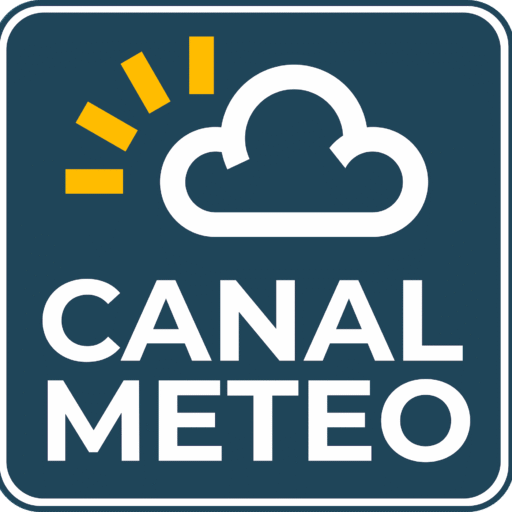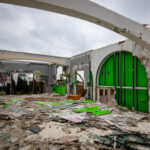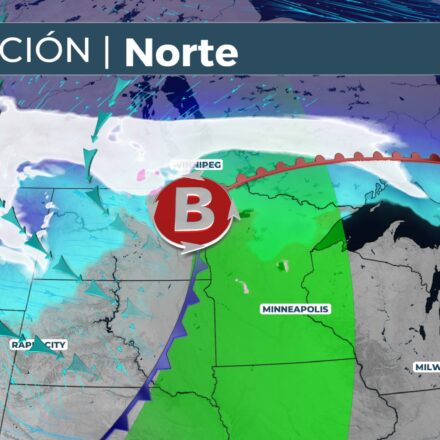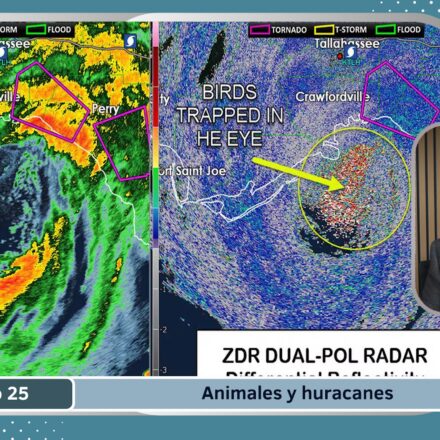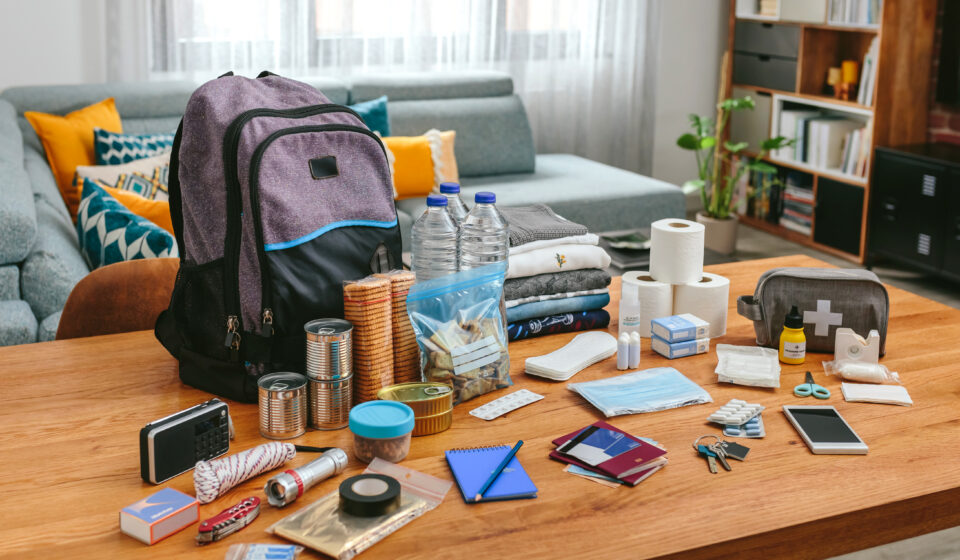
Important points
Wind and water impacts can be felt hundreds of miles inland, and significant impacts can occur regardless of the strength of the storm. Find out if you live in a flood-prone area, if you live in an evacuation zone, and identify any structural weaknesses in your home.
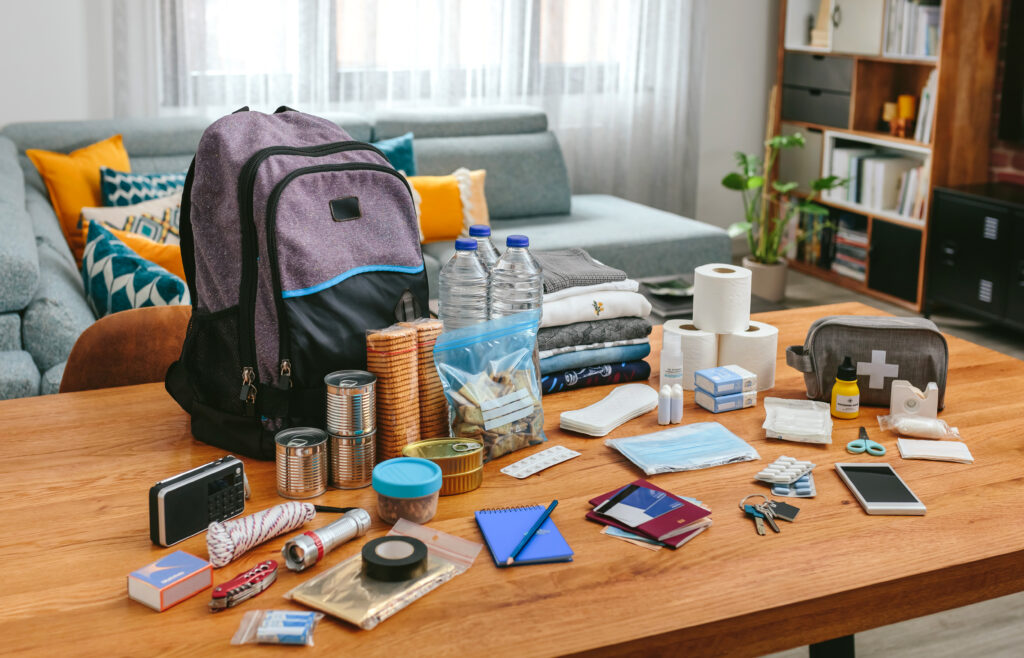
The Atlantic and Central Pacific (including Hawaii) hurricane season officially runs from June 1 to November 30. The eastern Pacific hurricane season runs from May 15 to November 30.
However, the best time to prepare is well before the official start of the season. Avoid rushing through preparations that could save your life by waiting until it's too late. Get your disaster supplies while supplies are still in stock and check your insurance in advance, as flood insurance requires a 30-day waiting period.
Develop an evacuation plan
If you are at risk of being hit by a hurricane, you need an evacuation plan. Now is the time to start planning where you will go and how you will get there. You don't need to travel hundreds of miles. Your destination could be a friend or family member who lives in a well-built home outside of flood-prone areas. Plan several routes. Be sure to consider your pets.
If you do not have a vehicle, check with local officials to see what transportation options they may have available.
Develop an evacuation plan
If you are at risk of being hit by a hurricane, you need an evacuation plan. Now is the time to start planning where you will go and how you will get there. You don't need to travel hundreds of miles. Your destination could be a friend or family member who lives in a well-built home outside of flood-prone areas. Plan several routes. Be sure to consider your pets.
If you do not have a vehicle, check with local officials to see what transportation options they may have available.
Gather disaster supplies
Whether you are evacuating or sheltering at home, you will need supplies not only to survive the storm, but also for the potentially long and unpleasant aftermath. Have enough non-perishable food, water, and medicine for each member of your family to last at least 3 days (if possible, store water for more than 3 days). Electricity and water could be out for weeks. You will need extra money, a battery-powered radio and flashlights. You may need a portable hand crank or a solar USB charger for your cell phones. And last but not least, don't forget your pets!
Perform an insurance check and document your belongings.
Call your insurance company or agent and ask for an insurance review to make sure you have enough coverage to repair or even replace your home or belongings. Remember that homeowners and renters insurance does not cover flooding, so you will need a separate policy. You can obtain flood insurance through your company, agent or the National Flood Insurance Program at floodsmart.gov. Act now, as flood insurance requires a 30-day waiting period.
Take the time before hurricane season begins to document your possessions: photographs, serial numbers or anything else you may need to provide to your insurance company when filing a claim.
Create a communication plan
Take the time now to write your hurricane plan and share it with your family. Define family meeting places and be sure to include an out-of-town location in case of evacuation. Write a list of emergency contacts and be sure to include utilities and other essential services. Remember that internet access may not be available during or after a storm.
